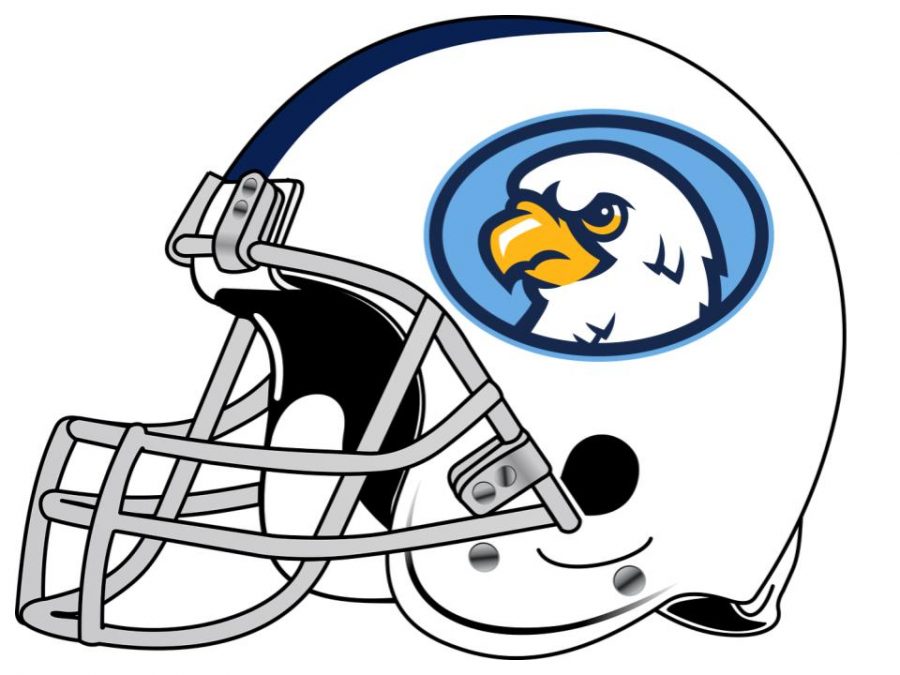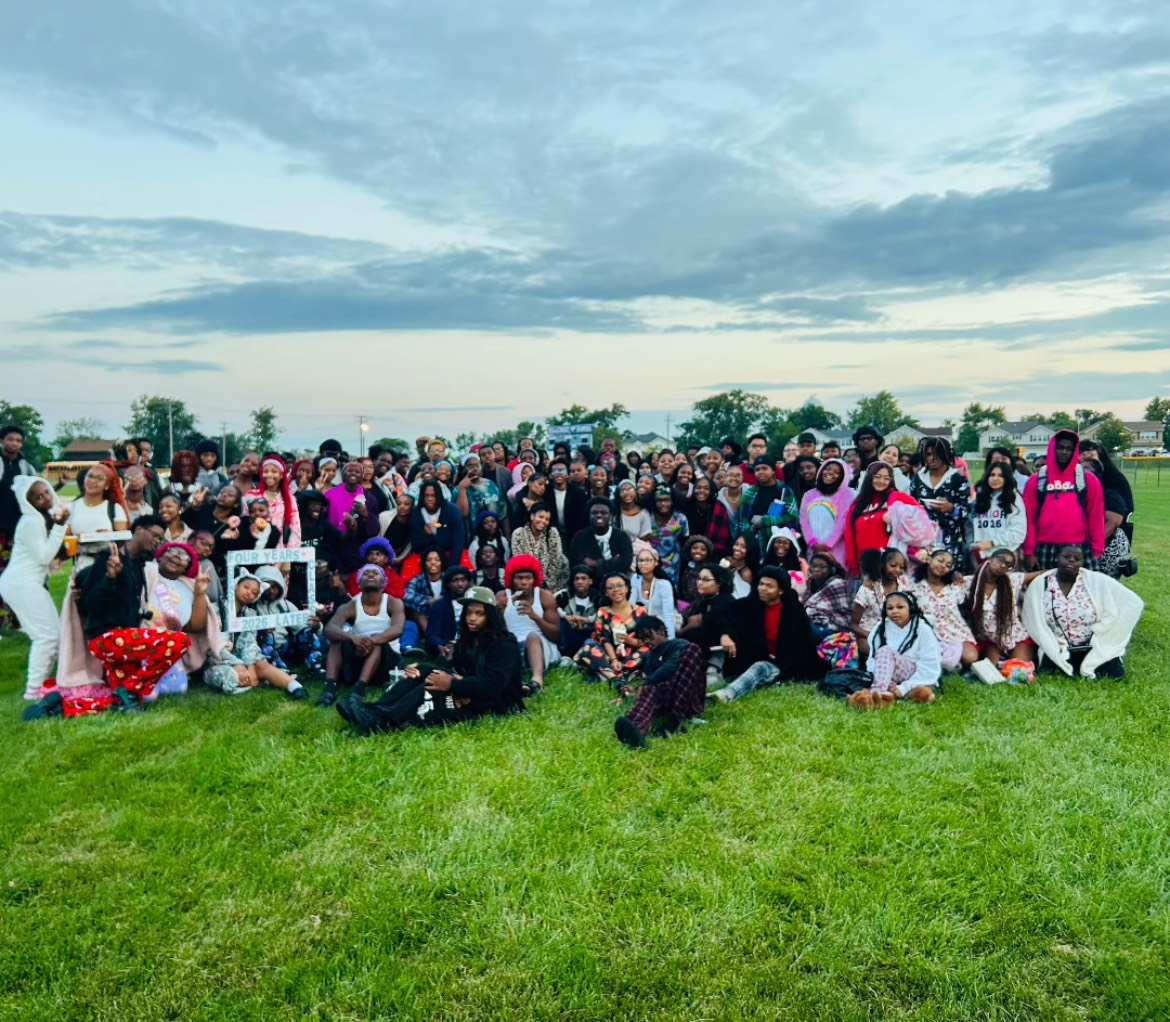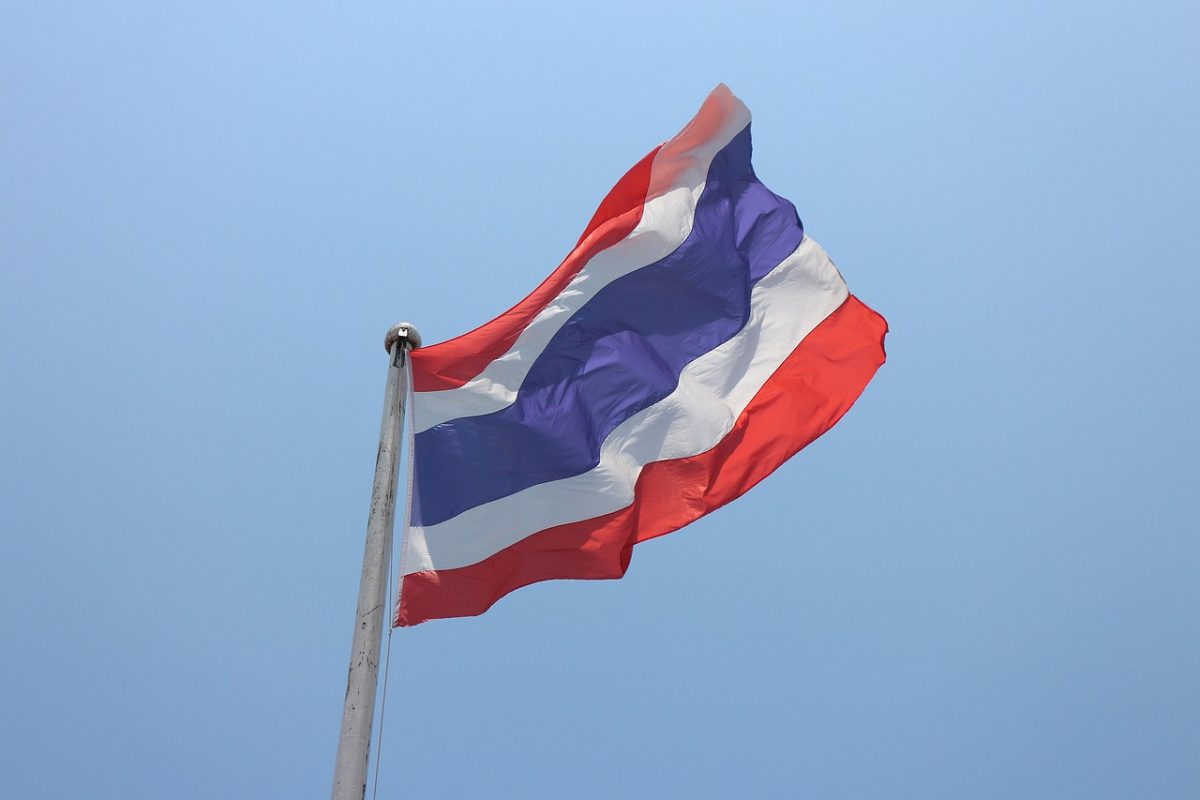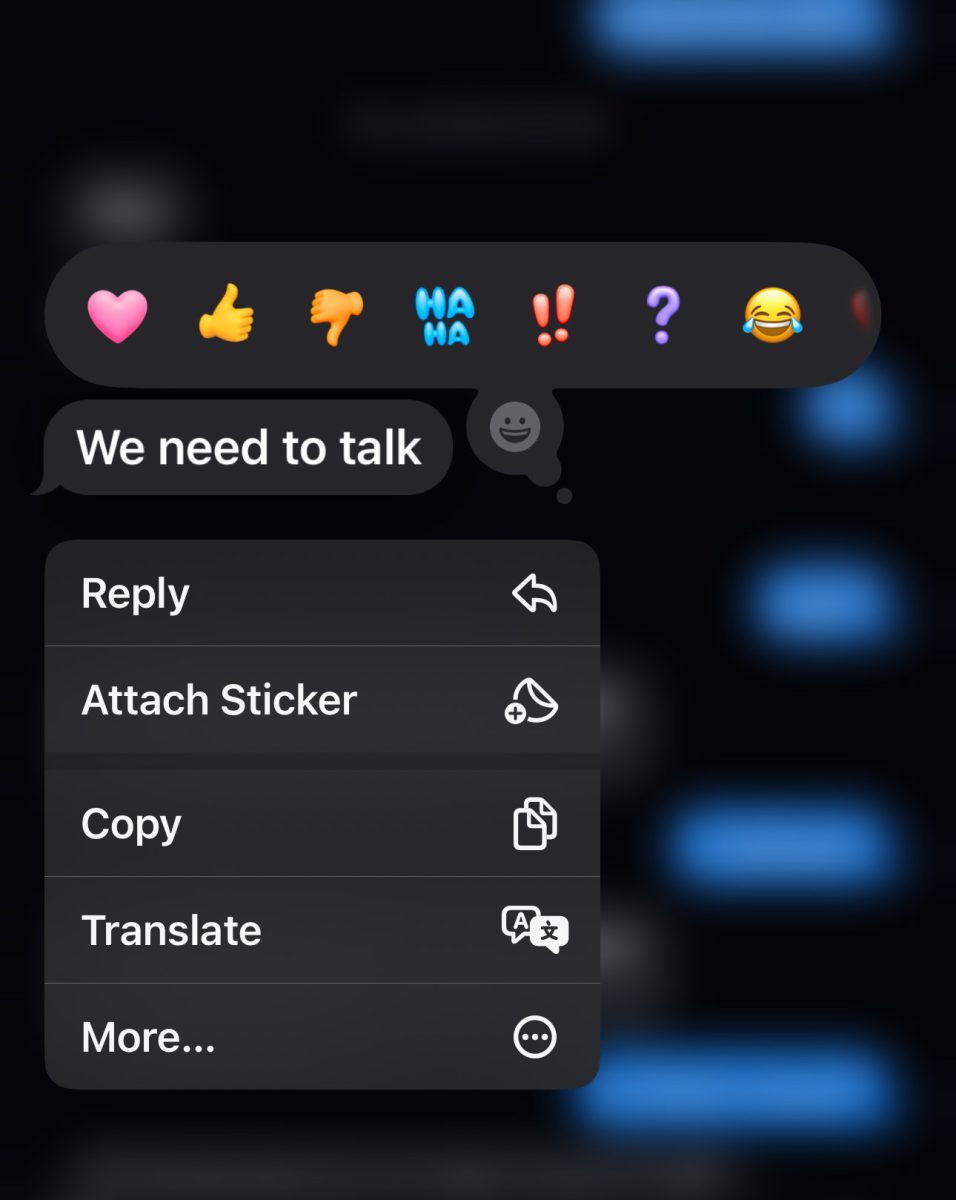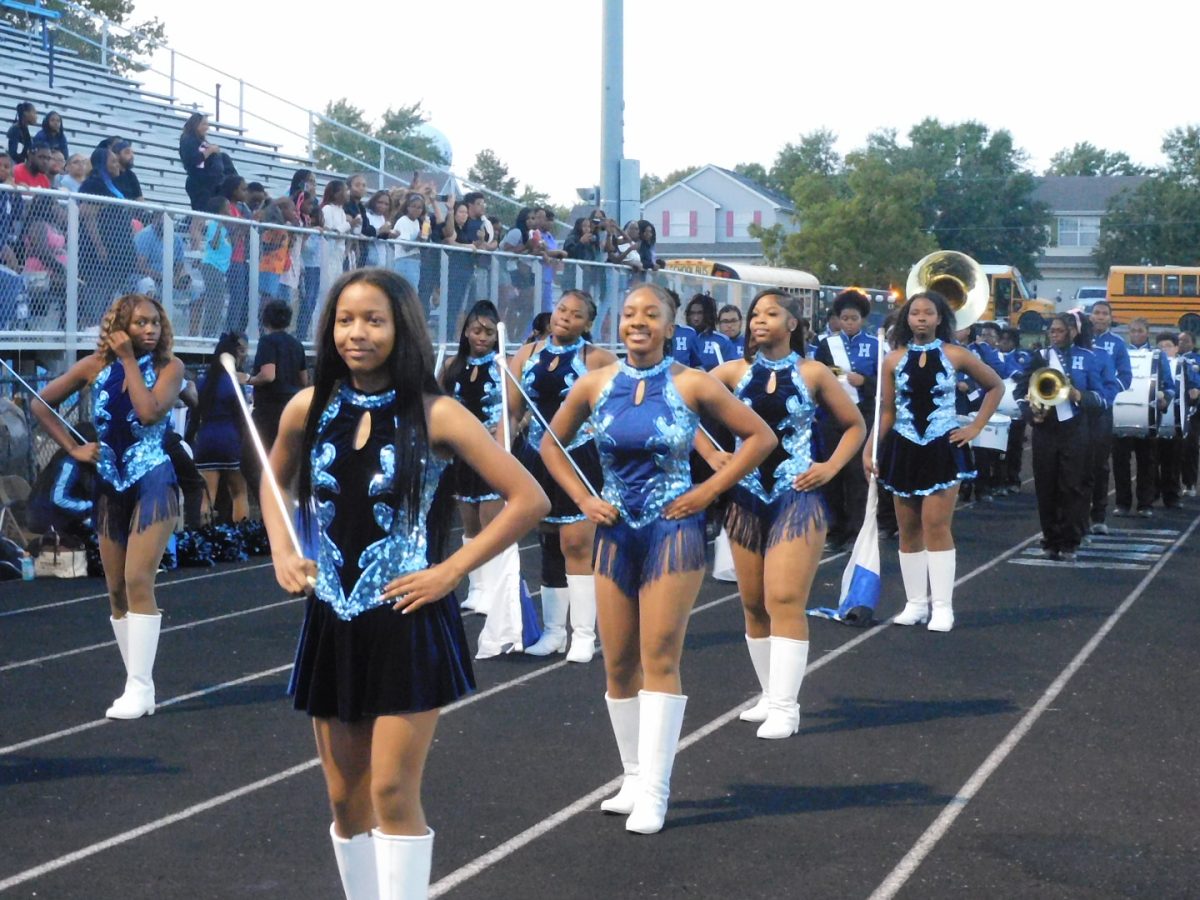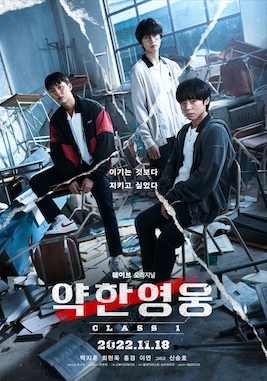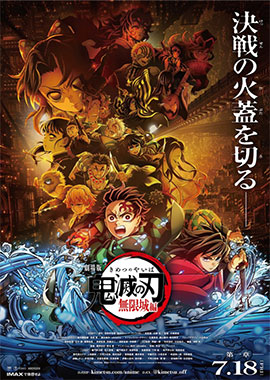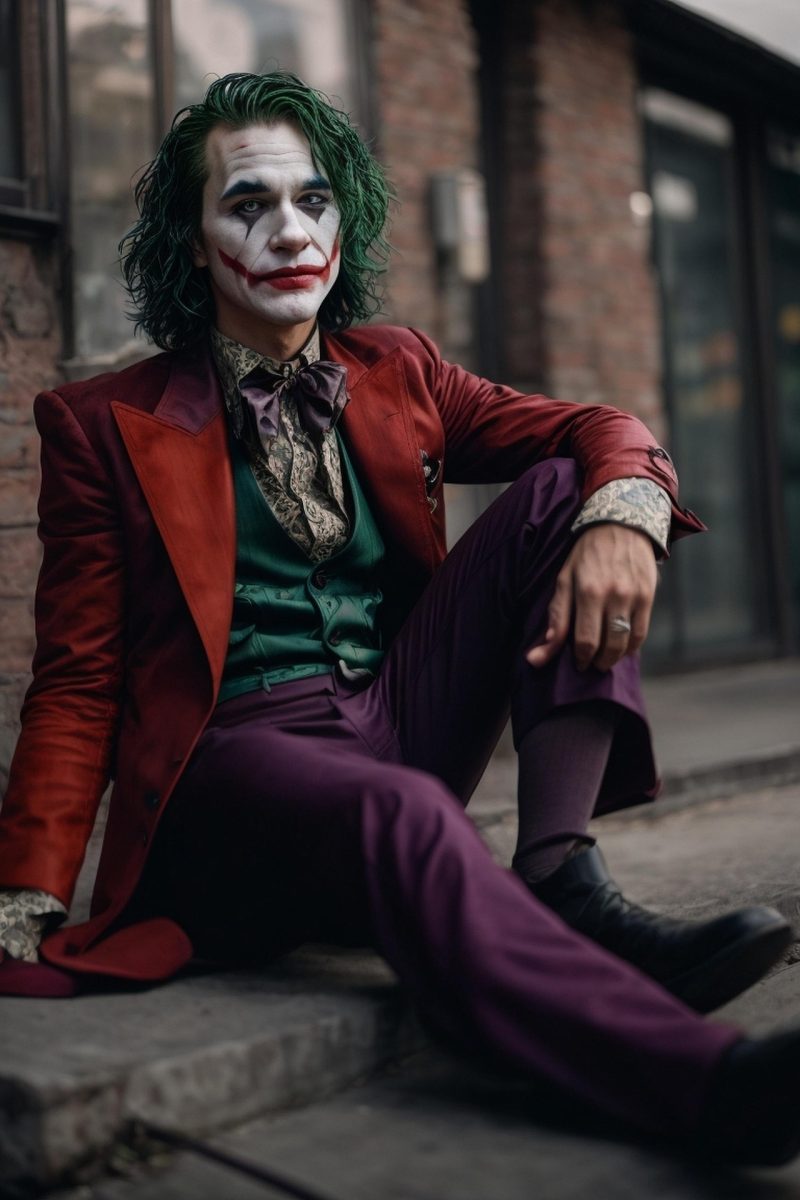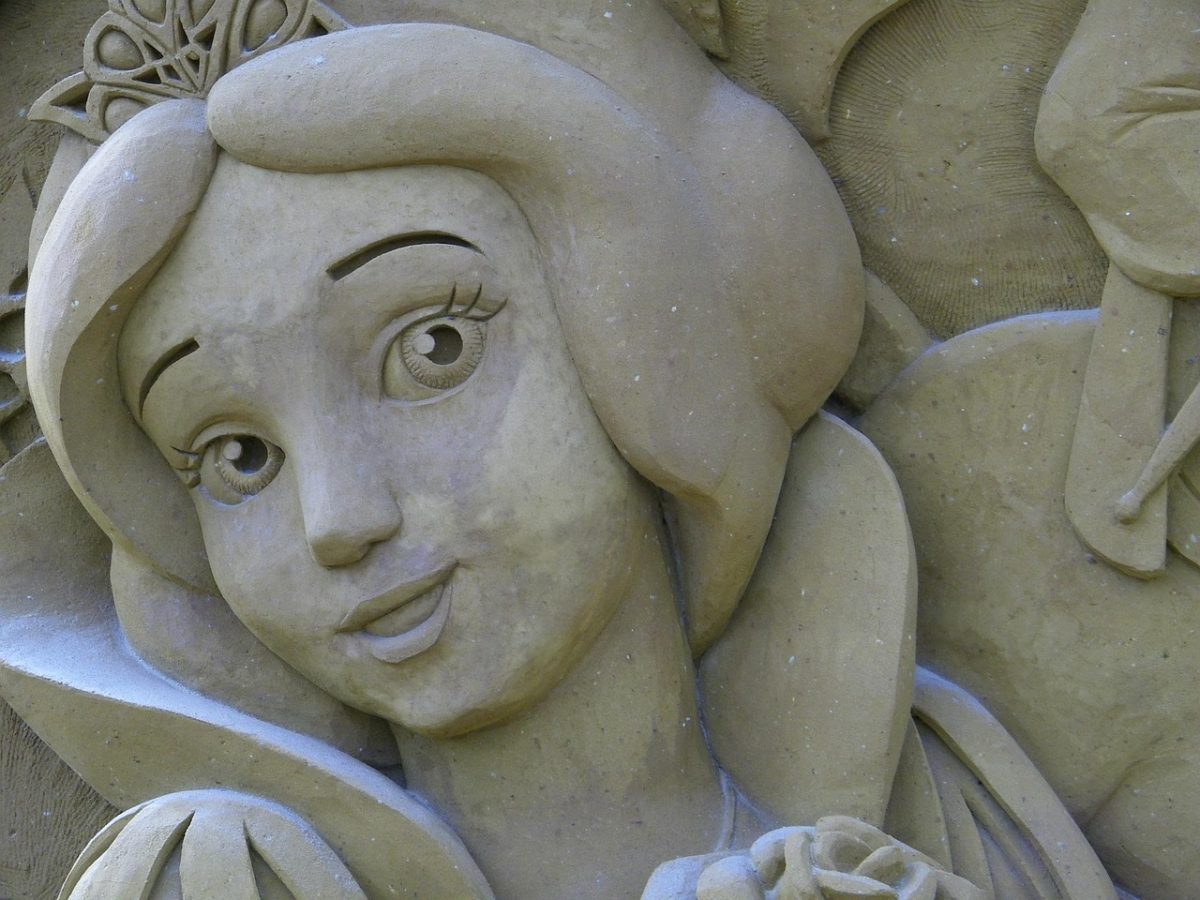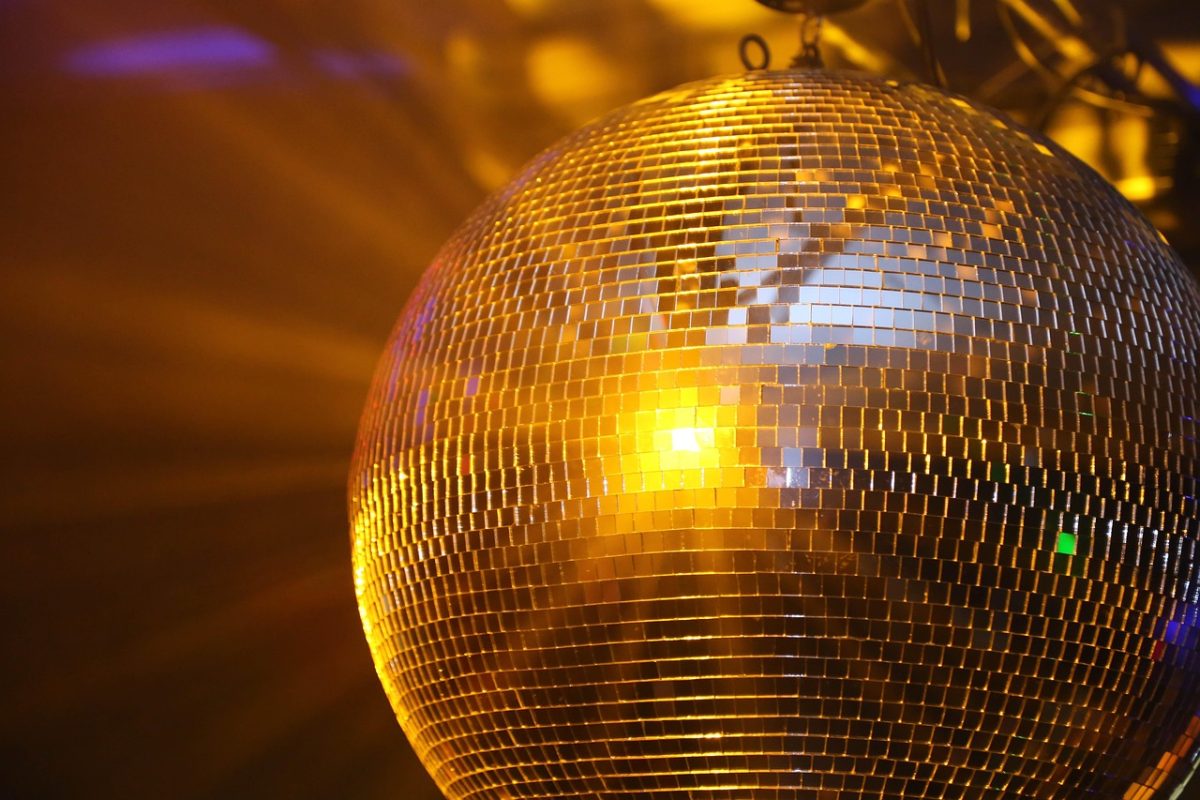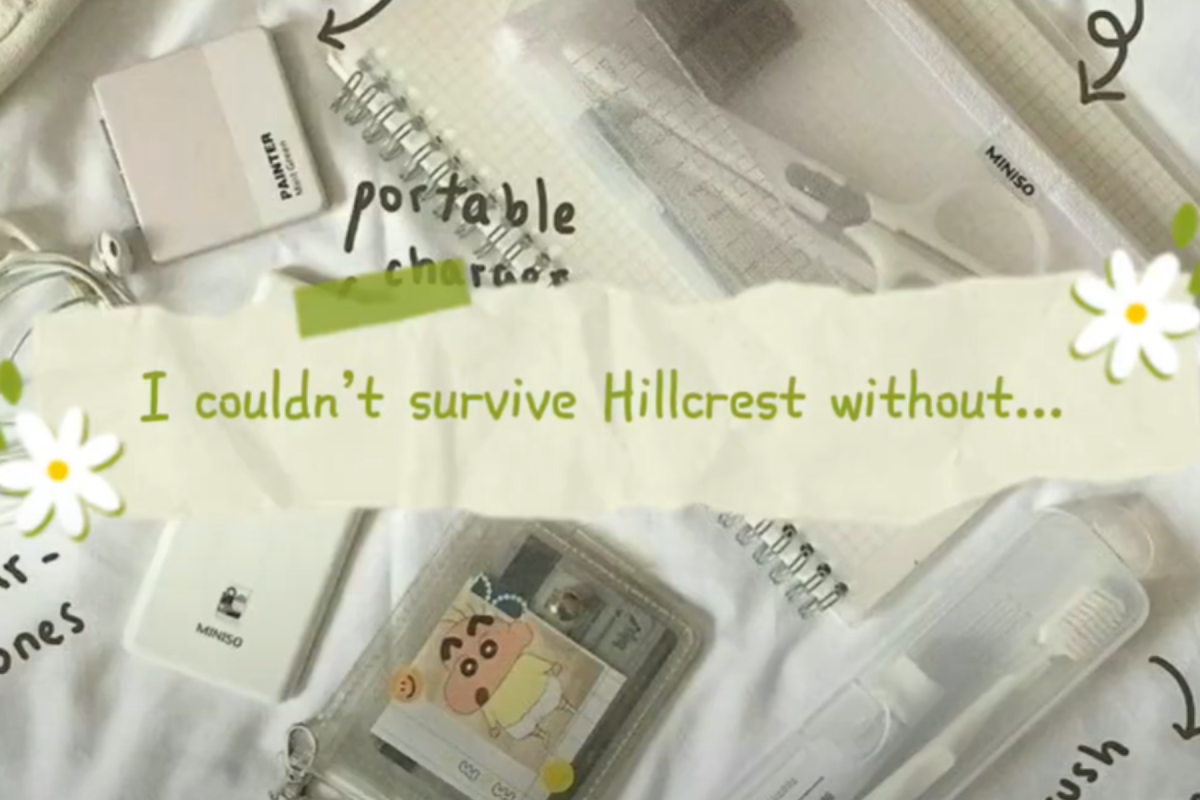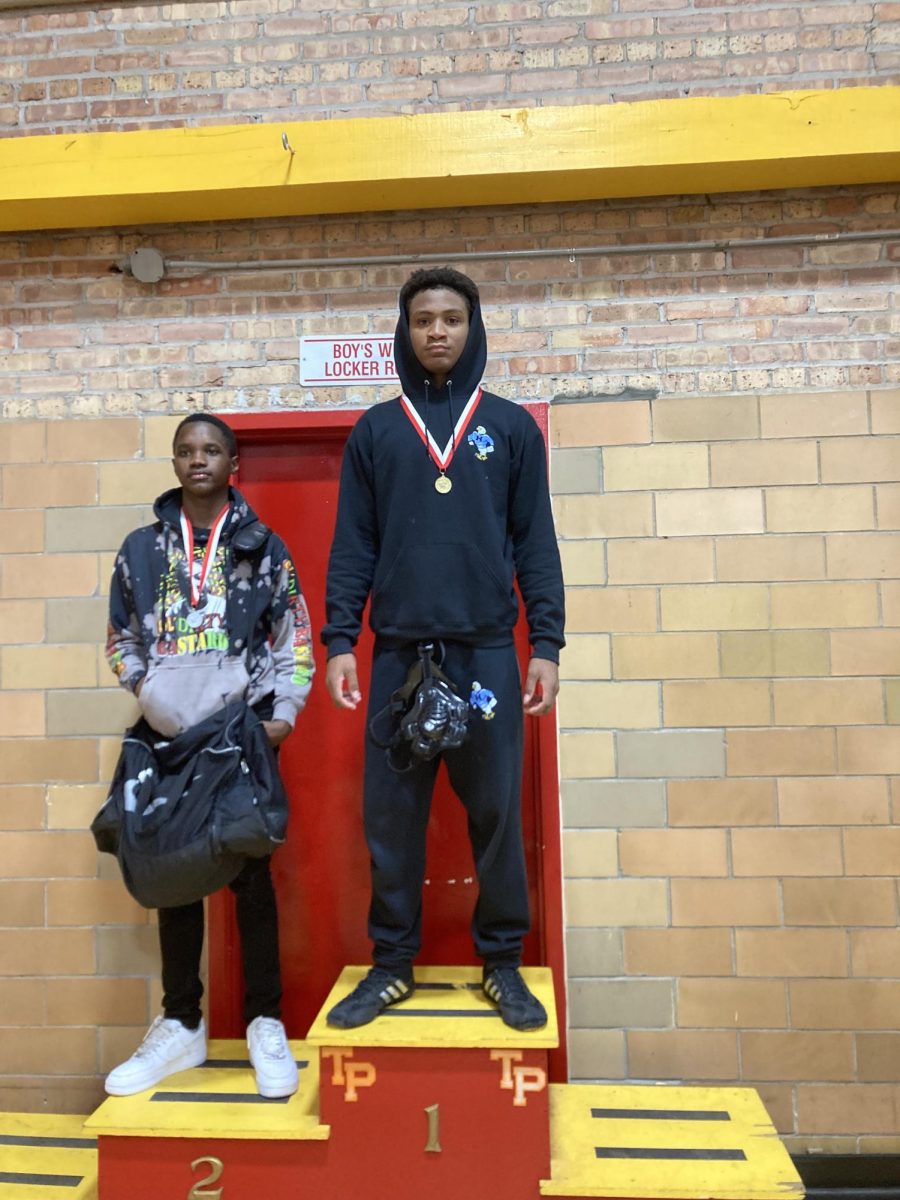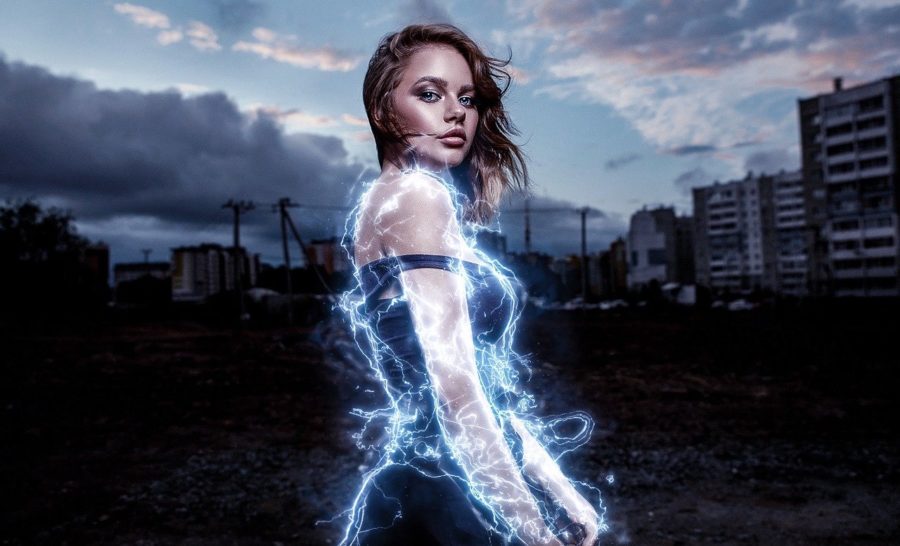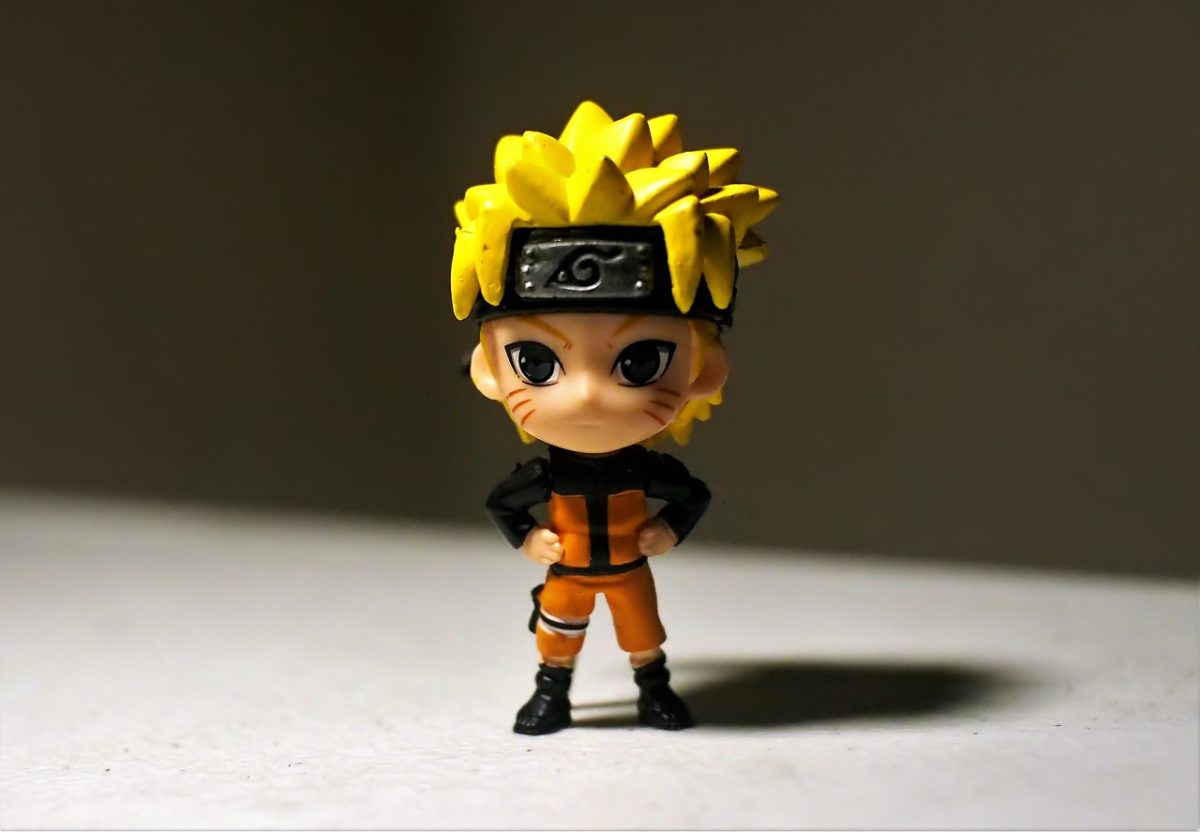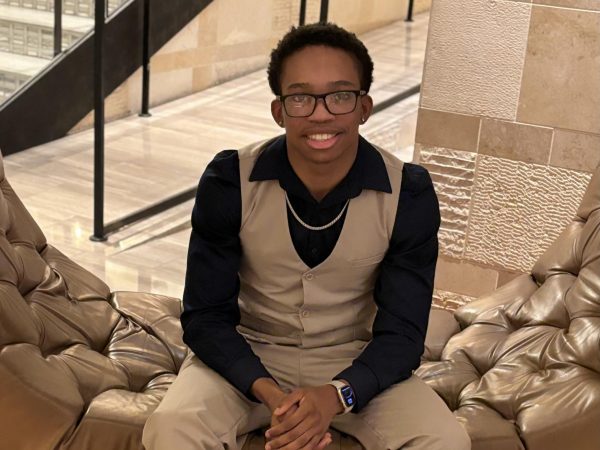Have you ever heard of Japanese cartoons? You likely have, it’s called Anime. An art form born in Japan, which has become a phenomenon on an international level. In the US, anime has gathered a large following. However, despite its increasing popularity, anime remains an isolating subject within local communities such as my own, with some people viewing it as “corny” or “lame.” For those who grew up in the early 2000s. anime was often met with harsh judgment. From name-calling to just blatant bullying, some black kids who expressed an interest in anime were labeled as “weirdos” or worse.
So, why does my community see anime as “corny” or “lame”?.
The perception of anime being corny or lame mainly comes from cultural norms within black communities. Growing up in my community, there was little exposure to anime. Most of my peers were raised on Cartoon Network, Disney, and Nickelodeon(western animation studios). In Black culture, most feel the need to fit in. To be considered a “popular/cool kid” one had to like the right music, wear the right clothes, and watch the right shows. Anime definitely didn’t fall into any of those categories with its unique culture, fantasies and storytelling. When fans like myself expressed love for anime, we were often labeled as weird especially in environments like school. I’ve even been called a cornball personally. A lot of the time kids just hide the fact that they liked Anime because it became a potential threat to one’s social standing.
The stigma surrounding anime fans is part of the broader negative view of “nerd”. Fortunately, perceptions are changing. As anime grows in popularity worldwide, especially within my community, the narrative is shifting. Anime’s influence is evident in fashion, music, and social media like Tik Tok. Hip-hop artists like Lil Uzi Vert, Travis Scott, and Kanye West even have anime references in their music and public personas, helping close the gap between Blacks and anime fandom.
Moreover, as more Black people see themselves represented in anime, either through characters or creators, anime is being recognized as a legitimate form of artistic expression. Some of my favorite shows like Afro Samurai, and The Boondocks have challenged the stigma that anime is exclusively a nerdy, White or Asian space. The younger generations are more open-minded, seeing anime differently, not as a threat to their identity but as an exciting world that explores themes of friendship, resilience, and self-discovery. We’re less likely to be confined to the same rigid cultural boundaries my generation was growing up.
Now, although I’ve overcome being confined to social norms, it’s very fortunate that the idea that it’s corny or lame is fading. Embracing diverse passions whether anime, music, or sports, allows us to expand our understanding of the world and our place in it. Whether you’re watching Naruto or enjoying the novel inspired show Power , there’s room for all of us to find joy without fear of judgment. Now, YOU, yes you should try out an anime. Watch three episodes at least and if it doesn’t catch your interest then try again. Even if you have tried in the past, I firmly believe if you don’t like it just haven’t found the one for you.

